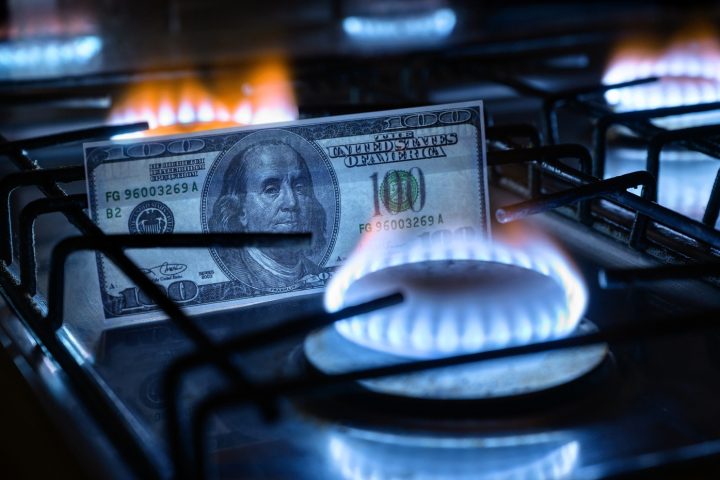From the youngest Americans to the oldest, most seem to be managing their credit pretty well.
In the U.S., the average credit score is 716, per Experian’s latest data from the second quarter of 2023.
And when you break down the average credit score by age, the typical American is hovering near or above that score.
For members of Gen Z, defined as those between 18 and 26, the average credit score is 680, according to Experian. Meanwhile, the average credit score for people 78 or older, categorized as the silent generation, is 761 — the highest of the generational cohorts.
It makes sense that the oldest generation would have the highest scores. The length of your credit history, your payment history, the amounts you owe, how recently you’ve opened a new line of credit and your credit mix are all factors used to generate your score. Older Americans have had more time to build and manage their credit than younger Americans who are just starting out.
Here’s the average credit score by generation as of the second quarter of 2023, according to Experian:
- Gen Z (18 to 26): 680
- Millennials (27 to 42): 690
- Gen X (43 to 58): 709
- Baby boomers (59 to 77): 745
- Silent generation (78+): 761
FICO’s scoring model is most commonly used by lenders to assess how well you’re managing your credit. Those credit scores can fall anywhere between 300 and 850.
Here are the ranges that qualify as poor, fair, good, very good and exceptional, according to Experian.
- Poor: 300 to 579
- Fair: 580 to 699
- Good: 670 to 739
- Very good: 740 to 799
- Exceptional: 800 to 850
How to boost your credit score
While you don’t necessarily need a perfect 850 to get the most favorable interest rates on products like credit cards and mortgages, you’re going to want to try boost your score to the mid-700s if you’re not already there, Bankrate senior industry analyst Ted Rossman told CNBC Make It in August.
“I generally think of a good credit score as about 670 to 739, and excellent credit as 740 plus,” he said. “Every 20 points or so can make a big difference in the battleground between fair, good and excellent credit.”
The good news is that the best ways to improve your credit score are pretty straightforward. Since your payment history and the amounts you owe count for 35% and 30%, respectively, of how your credit score is calculated, try to avoid late payments and aim to pay off your balance in full when possible.
And remember, excellent credit scores aren’t made overnight. They’re built and maintained over time.
“Much of credit scoring is more a marathon than a sprint — seek to pay your bills on time, keep your debts low and show that you can manage various types of credit over the long haul,” Rossman said.
DON’T MISS: Want to be smarter and more successful with your money, work & life? Sign up for our new newsletter!
CNBC will host its virtual Your Money event on November 9 at 12 p.m. ET, with experts including Jim Cramer, Ben McKenzie and Farnoosh Torabi. Learn how to boost your finances, invest for the future, and mitigate risk amid record-high inflation. Register for free here.
CHECK OUT: Once you hit this credit score, ‘there’s no benefit to scoring higher,’ says expert: ‘It’s just bragging rights’
Read the full article here







